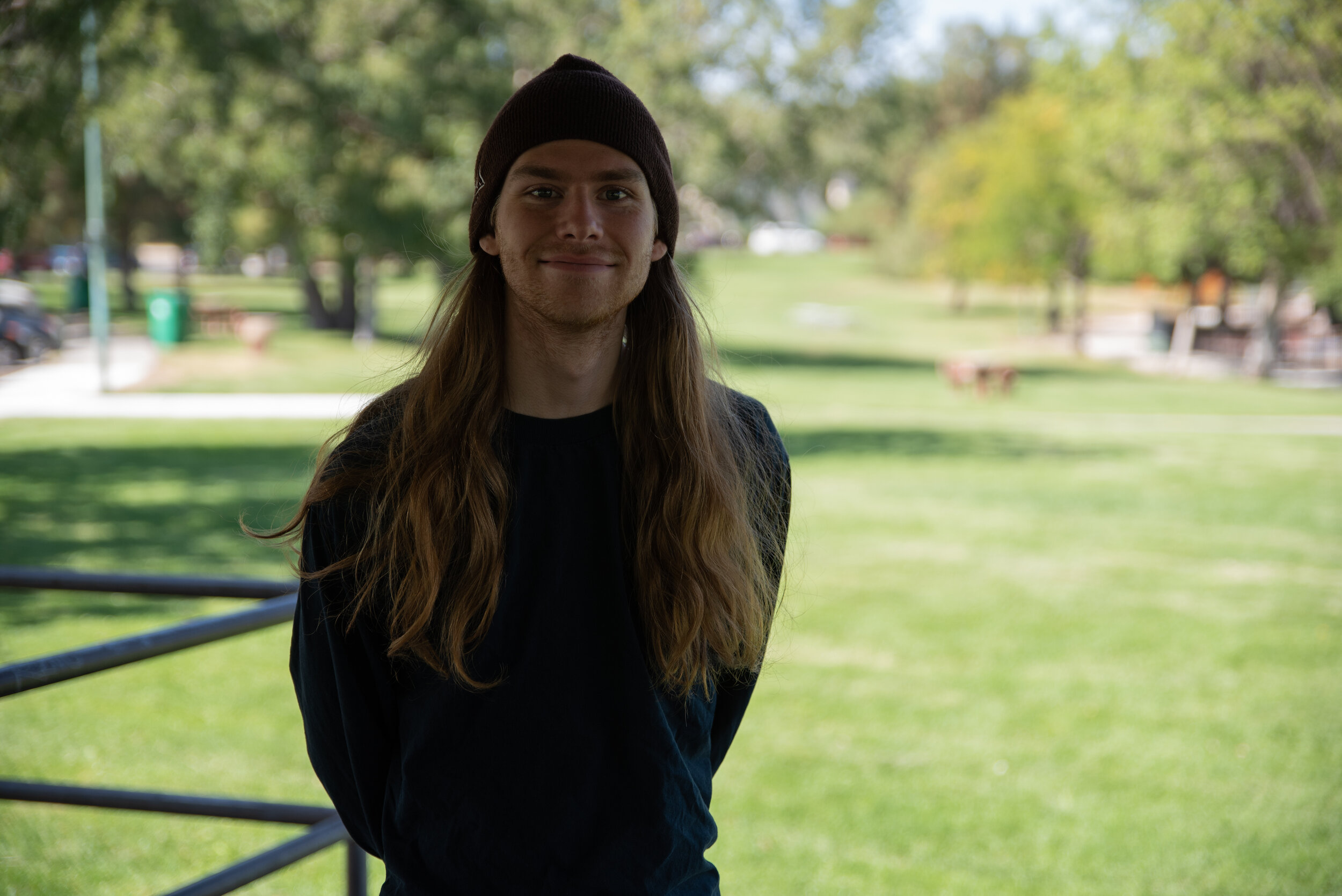As sweeps of smaller and smaller unhoused encampments persist, local advocates such as Jake Maynard are not giving up, even if they have concerns the battle is longer than they hoped for to stop the sweeps.
With the CARES Campus now under Washoe County control, advocates are also frustrated with how the $17 million dollars was spent on the campus so far. Questions linger as to how much money certain employees make and how financial decisions were made to spend so much money, with results which have left some volunteers and people sleeping at the compound unimpressed.
Since it opened earlier this year, there have been reports of moldy food, a lack of laundry services, no water available at times during the record breaking heat this summer, and a shortage of blankets and towels. As the cold season approaches, they are left to wonder how the campus will serve the vulnerable unhoused community and whether preparations will be adequate when winter storms descend upon us.
With another $38 million dollars slated to be injected into the campus in the near future, according to County Commissioner Alexis Hill, who is also the head of the Community Homelessness Advisory Board, advocates says they want a place at the table along with the unhoused community to help inform how future decisions are made.
“I first kind of got involved when I saw on social media about a sweep going on,” Jake Maynard said during a recent interview at Dick Taylor Park, on how his own advocacy began. There was a call to the community to help collect and save unhoused people’s personal belongings as sweeps were ramping up. Maynard, a photographer and local community member, then began helping the unhoused on a regular basis as well as taking part in protests.
Maynard said he was concerned at the trauma the unhoused faced during the repeated sweeps. He says he tries to spend at least one day a week helping the unhoused community. A lot of the time he also helps the Laundry to the People initiative or just volunteers at a local community meal.
Different authorities use different methods and warning mechanisms when sweeps take place.
“First and foremost, we’ve keep saying it again and again, the sweeps need to stop,” said Maynad. “That’s first and foremost because the amount of destruction these things do is just awful.”
Any progress made with social work is at risk when a sweep forces someone to relocate, Maynard said. Important documents needed to obtain identification are often misplaced or lost, slowing down the process and chances for an unhoused person to regain housing and work.
Maynard said alleged reports of thefts and assaults at the compound are making some people fearful to go either to the mega shelter or to apply to get accepted into the small tent Karma Box Project operated safe camp. Some have had traumatic shelter experiences in the past, and simply don’t want to revisit the trauma.
There have been efforts to set up another safe camp run by volunteers or another non profit. Advocates including Maynard have drafted up a budget and a plan to create an alternative safe camp that they believe is viable and doable.
“At the end of the day, [the unhoused] are people just like you, just like me, period. And they should be treated just like anyone else,” Maynard said. He wants the community to know that homelessness is often one event away for anyone. “We should treat them with compassion and empathy just like anyone else.”

